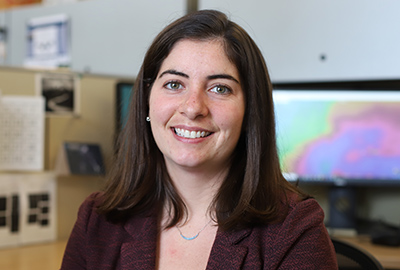Please note: We strongly recommend purchasing tickets online in advance to guarantee entry, as we do sell out on weekends.
Repatriation of a historical North Atlantic right whale habitat during an era of rapid climate change
By O. O’Brien, D. E. Pendleton, L. C. Ganley, K. R. McKenna, R. D. Kenney, E. Quintana-Rizzo, C. A. Mayo, S. D. Kraus, J. V. Redfern
Originally published in Scientific Reports in July 2022

Abstract
Climate change is affecting species distributions in space and time. In the Gulf of Maine, one of the fastest-warming marine regions on Earth, rapid warming has caused prey-related changes in the distribution of the critically endangered North Atlantic right whale (Eubalaena glacialis). Concurrently, right whales have returned to historically important areas such as southern New England shelf waters, an area known to have been a whaling ground. We compared aerial survey data from two time periods (2013–2015; 2017–2019) to assess trends in right whale abundance in the region during winter and spring. Using distance sampling techniques, we chose a hazard rate key function to model right whale detections and used seasonal encounter rates to estimate abundance. The mean log of abundance increased by 1.40 annually between 2013 and 2019 (p= 0.004), and the mean number of individuals detected per year increased by 2.23 annually between 2013 and 2019 (R2 = 0.69, p= 0.001). These results demonstrate the current importance of this habitat and suggest that management options must continually evolve as right whales repatriate historical habitats and potentially expand to new habitats as they adapt to climate change.
Full Text







